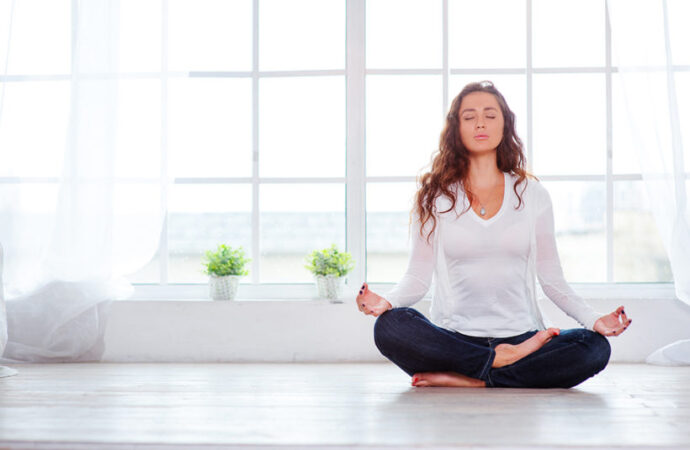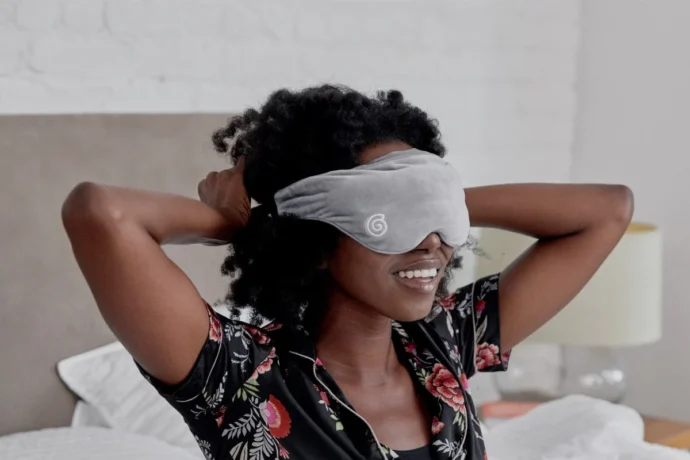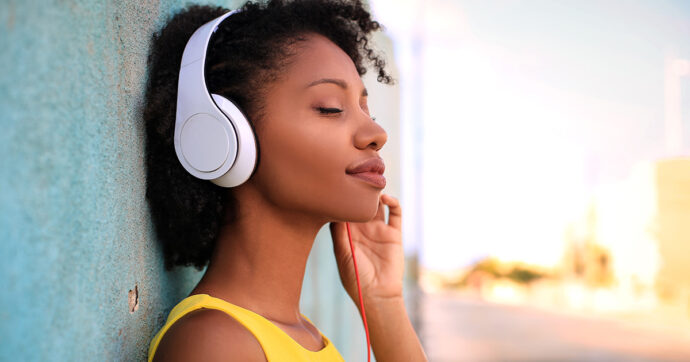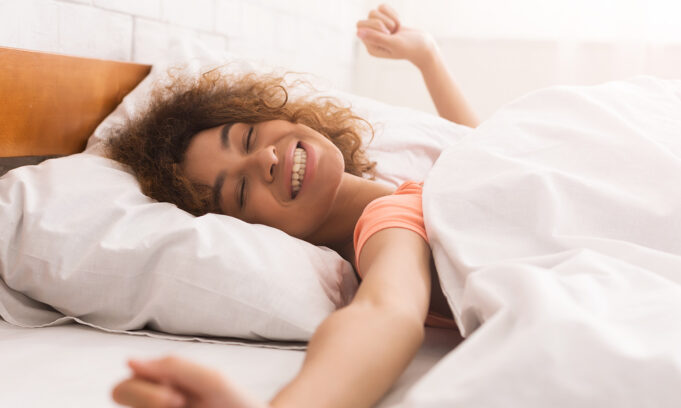Regularly getting a good night’s sleep plays a key role in helping people function properly and helps to promote positive health and wellbeing.
However, in an age where people have increasing demands placed on their time, sleep is often one of the first things that suffers.
A recent study by Betway Insider found that some pre-bedtime routines were more conducive to quality sleep than others.
With that in mind, we take a closer look at the top four ways to boost your chances of sleeping well and find out what experts have to say about them.
1. Practicing meditation

The study revealed that meditating for 30 minutes before bedtime was the best way to guarantee the least disruption to your sleep.
Using a sleep tracking app, they found that participants spent an average of just 12 minutes per night awake and much longer in a deep sleep after meditating.
The group also slept eight hours and four minutes on average, thus gaining what many experts believe is the optimum amount of sleep each night.
Many people find it hard to unwind after a tough day at work, which is why meditating is such an effective way to tackle the problem.
Tiffany Cruikshank, a yoga and meditation expert, says meditating before bedtime helps the brain recognise that rest and recuperation time is just around the corner.
“Meditating before sleep is a great way to trigger the parasympathetic response to help the body and mind wind down in order to optimise your body’s ability to move through the sleep cycles which helps us get a deep restful sleep,” Cruikshank said.
“A lot of (recent) research revolves around the effects on the parasympathetic nervous system which regulates the internal organ function and influences so many parts of the body and brain.
“It’s critical for things like sleep, energy level, digestion and immune function. There’s also a lot of positive research around meditation’s capacity to help with cognitive function, meaning our memory, concentration and learning capacity.”
2. Wearing a sleep mask

Study participants who wore a face mask also enjoyed great quality sleep, spending an average of just 14 minutes awake each night.
A sleep mask is an excellent solution for anyone sleeping in a bedroom that does not have blackout curtains or works on night shifts.
Masks can also useful for people who suffer from insomnia as it helps to block out the light that triggers this condition.
Sleep expert Dr Samuel Gurevich backs the use of sleep masks, and claims their use can have a significant impact on a person’s general health and wellbeing.
“Putting on an eye cover for sleep can be part of a calming bedtime routine that conditions your brain to recognise everything’s safe, calm and comfortable,” said Dr Gurevich.
“The routine tells the brain it’s time to shut off and let sleep come.
“A safe, calm environment is important for a good night’s rest, and blocking out light is part of that. Eye masks can help, especially if your normal sleeping time is during the day.
“Longer-term benefits of good healthy sleep include a decreased risk of cardiovascular disease and stroke.
“Sleep is one of the unsung heroes of our health. We tend to take it for granted and borrow from it, but it affects every part of your life.”
3. Watching a comedy film

Many people watch television before they go bed, but the content they consume can have different effects on their quality of sleep.
Watching the news, a horror film or true crime all had a detrimental impact on the quality of sleep gained by the study participants.
By contrast, watching a comedy film before bed ranked in third place as the best activity for providing people with quality sleep.
Several other studies have backed up the findings, with funny film content found to be something that generally lifts a person’s mood and makes them feel more relaxed.
Media psychologist Dr Pamela B Rutledge has conducted extensive research into the impact comedy films can have on a person’s psyche.
She believes that keeping things light-hearted before bedtime is the perfect way to reduce stress and thus improve the chances of getting a good night’s sleep.
“Humour, when it’s actually funny, has social and physical benefits,” said Dr Rutledge. “Laughter releases neurotransmitters responsible for your happiness, such as dopamine, serotonin, oxytocin, and endorphins.”
“The release of these chemicals in response to humour decreases stress, diminishes pain and in the process strengthens the immune system.”
4. Listening to music

Preparing for sleep by listening to music finished fourth in the study, providing participants with limited disruption to their sleep.
However, several other studies have shown that the type of music that people listen to can have an impact on the quality of sleep they enjoy
For instance, researchers in India explored how listening to different types of music before bedtime affected anxiety levels and overall wellbeing.
They discovered that soothing music was more beneficial in delivering quality sleep when compared to more upbeat music or listening to none at all.
Dr Sen, a consultant cardiologist at a medical facility in India, is an advocate of music therapy as a way of treating insomnia and other health conditions.
“We use music therapy in our hospital and in this study we showed that yoga music has a beneficial impact on heart rate variability before sleeping,” Dr Sen said.
“Science may have not always agreed, but Indians have long believed in the power of various therapies other than medicines as a mode of treatment for ailments.
“This is a small study, and more research is needed on the cardiovascular effects of music interventions offered by a trained music therapist.
“But listening to soothing music before bedtime is a cheap and easy-to-implement therapy that cannot cause harm.”















